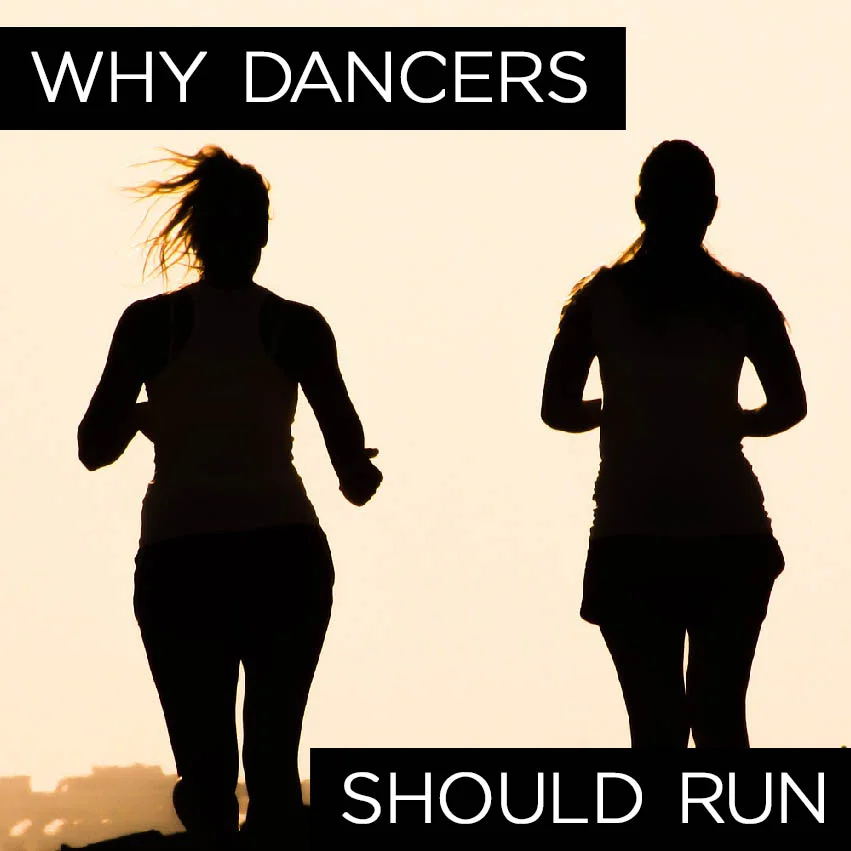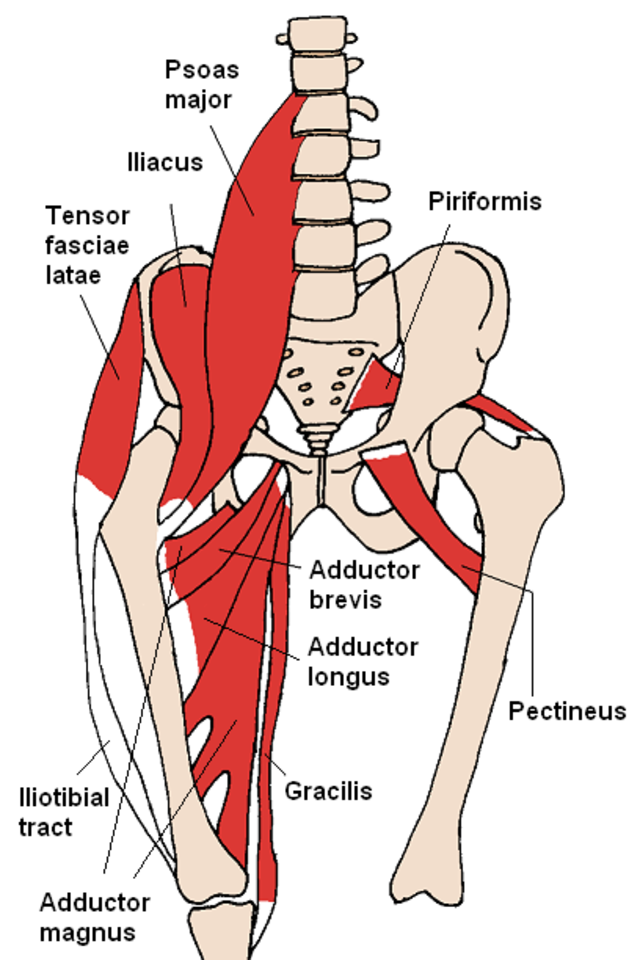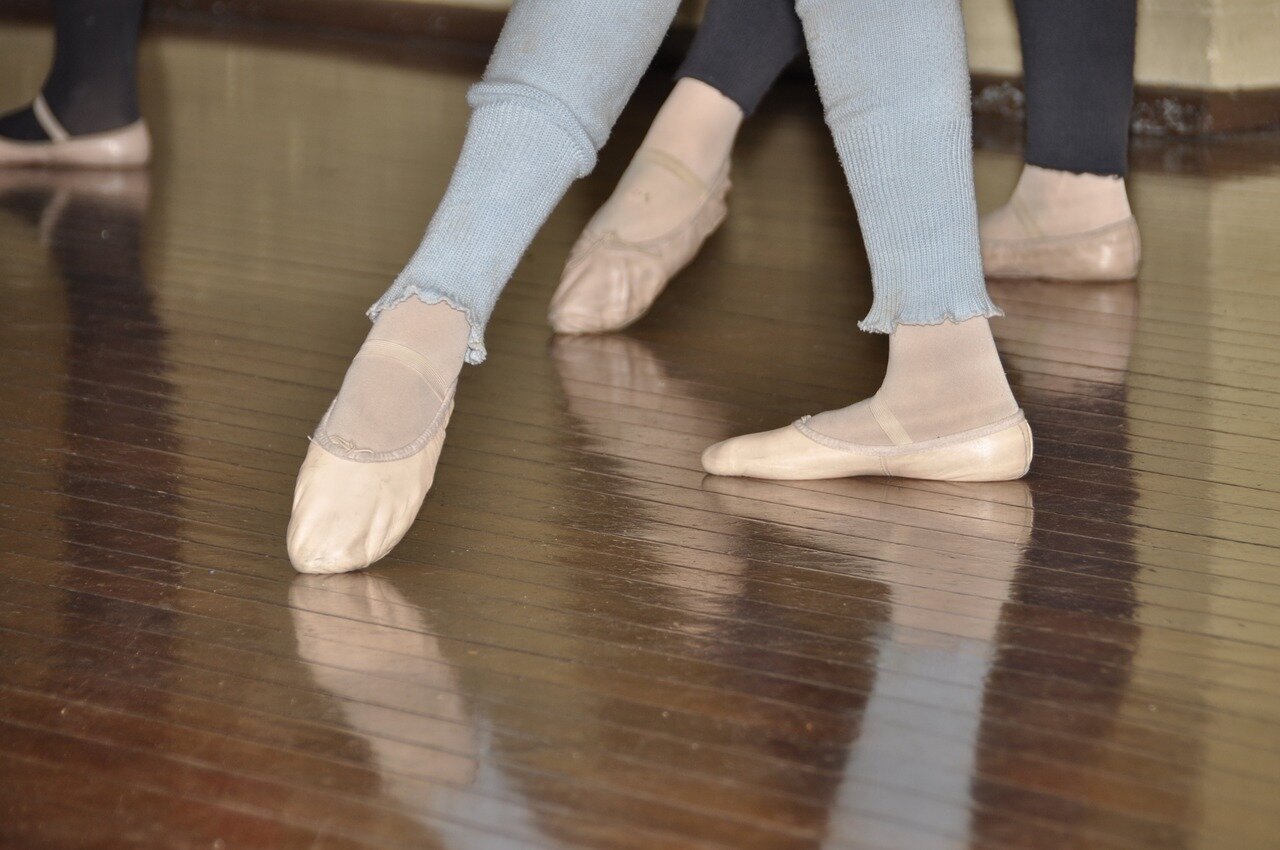New dancers as a source of inspiration
/A constant desire to improve is a sure predictor of inevitable success, both in the dance and non-dance worlds. As the fire that once drove us to pursue our craft can sometimes dim in intensity, staying motivated to improve can be a challenge. Rather than passively waiting for the bolt of inspiration to strike, I believe the best way to continue growing is to actively search for sources of inspiration. Inspiration can come from a variety of sources, often times where you least expect it.
Through my experiences as a dance instructor, I have taught for some of the top urban choreography companies in Chicago and a handful of nationally publicized flash mobs. But three times a year without fail, a fresh group of faces with no dance experience to speak of never fails to serve as my strongest source of inspiration. Read why below.
As they say, "The first step in becoming great at something is to suck."
Trust me, when I started breakdancing and popping to hip hop music in high school, I was awful. I was meme-worthy bad. So were my friends, but that's just how things are when you start doing something. Thinking of the awkwardness of my first piece of urban choreography (to Chamillinaire's 2005 jam, Ridin' Dirty) pains me. I still have a constant fear that someone is hiding a VHS of this choreography, waiting for the perfect moment to upload this tape for all of YouTube to see - UNLESS I pay them off in some James Bond-esque exchange of untraceable currency.
Recently, I decided to learn to play the drums, on the most random of whims. You'd think that a dancer would be reasonably coordinated enough to play an instrument that relies entirely on having rhythm - but once I grab hold of drumsticks, somehow I manage to forget what a beat even sounds like, let alone many beats in succession. I seemingly lose control of all of my limbs. I look straight up like Animal from the Muppets, flailing wildly in an attempt to make some kind of beat.
While I'm nowhere confident enough to drum in front of an audience, the fact is that I have improved from when I first started. When I honestly reflect on my progress, I realize that I can put some complex rhythms together, all while throwing in a fill or two. The difference in skill from my first hour of playing to my thirtieth-ish hour looks like a huge chasm, separating the beginner past me from the present me, who has a basic understanding of the instrument. I'll be the first to admit my inexperience, but with 30-some hours of rehearsal, I learned my way around the instrument in a rudimentary way.
Beginner to expert
Malcolm Gladwell, the author of the New York Times bestselling book Outliers: The Story of Success, often makes reference to a theory on skill learning called the "10,000 hour theory." Throughout the book, Gladwell refers to a publication by Anders Ericsson, a Swedish psychologist with - get this - an expertise in experts, confusingly enough. According to Ericsson's research, it takes about 10,000 hours (!) of fully focused practice to become a world class expert in any given field. In more practical terms, this breaks down into an hour and a half of training every day for a little under 20 years.
As with all scientific studies, there exists contrary evidence and dissenting opinions. But still, one fact remains: Skill learning seldom improves at a linear pace. Instead, the ability to perform any complex motor task, such as playing an instrument or dancing, improves at a logarithmic rate. This means that early in the learning process, even a small investment of time results in large leaps of improvement. In the early phases of learning, growth is so rapid that often times the student can feel themselves improving, which leads to a cycle of simultaneous learning and self-motivation. Due to the strong positive feedback loop they experience, students generally tend to continue learning with intense enthusiasm. It is at this point where the passion burns the hottest.
I have been an instructor for the student center at Northwestern University since 2006. The class I teach here is an all skill-levels course, designed to introduce the dancers to different styles of urban choreography, while encouraging freestyle and educating them briefly on history of the hip hop culture. No prior experience is required to register for the course. The first class of the session, I regularly ask if anyone in the class has any experience with dance. Generally, one or two will say they took ballet or lyrical or traditional ethnic dance YEEEEAARS ago, emphasizing their lack of significant experience. But the majority? No experience to speak of.
"Perfect," I think internally.
For me, this class serves as a huge source of inspiration. As alluded to above, the beginning few hours of skill learning is period of most rapid growth. Yes, of course leading others through this step of learning is incredibly rewarding. But the inspiration that I get from seeing them grow so quickly is fuel for my own growth as a choreographer and dancer.
You may also be interested in:


















